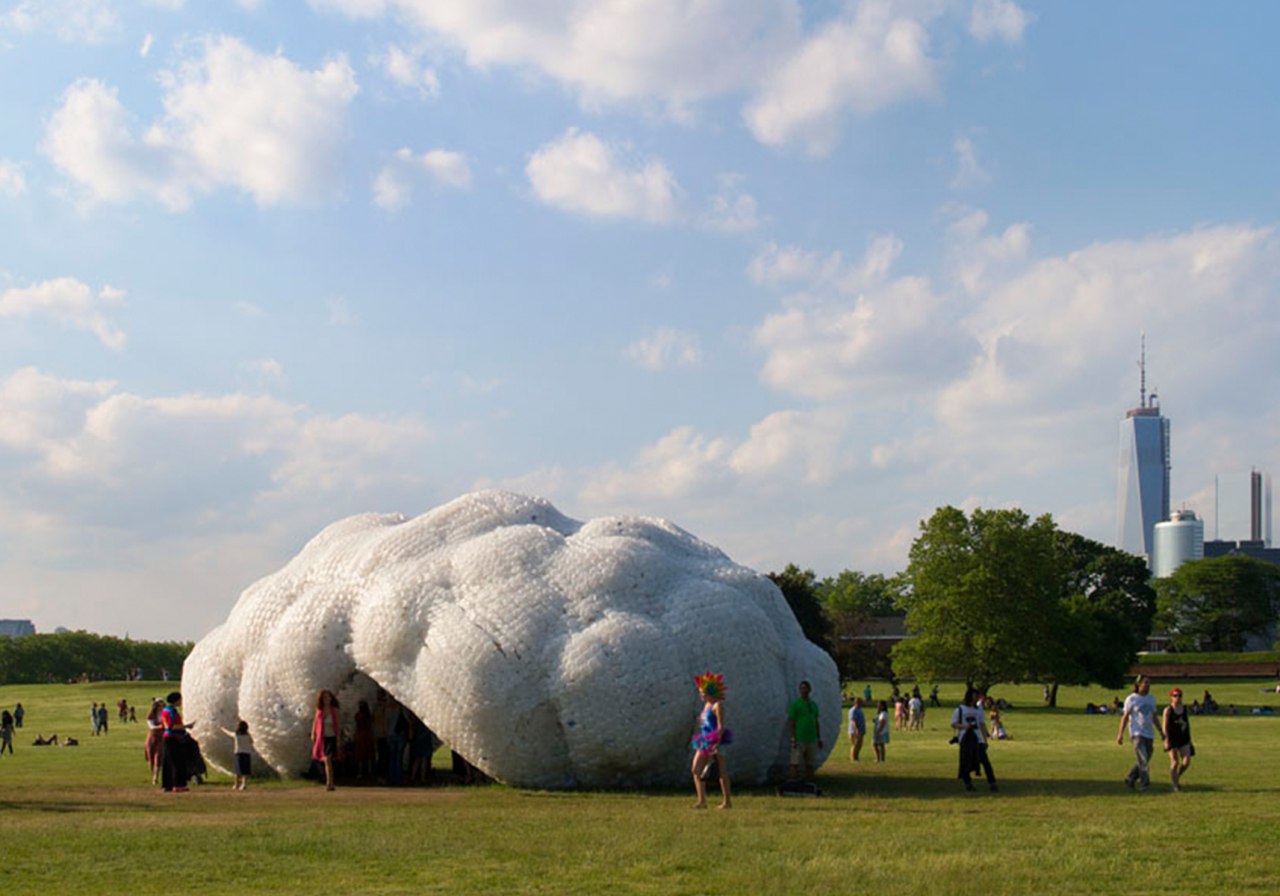MAG Landscape
Feedback and Advertising (English, Русский, Français, Deutsch):
👤 @Gromoshiha
Our channels:
@magarch - Architecture
@magland - Landscape
Our sticker pack:
https://t.me/addstickers/magarch
Telegram stands for freedom and privacy and has many easy to use features.
Last updated 12 months ago
Sharing my thoughts, discussing my projects, and traveling the world.
Contact: @borz
Last updated 12 months ago
Official Graph Messenger (Telegraph) Channel
Download from Google Play Store:
https://play.google.com/store/apps/details?id=ir.ilmili.telegraph
Donation:
https://graphmessenger.com/donate
Last updated 1 year, 7 months ago

**Can architecture pop-up?**](/media/attachments/mag/magland/467.jpg)
Can architecture pop-up?
A temporary social hub on Governors Island at the Figment arts festival is made of 53,780 recycled bottles – the amount thrown away in New York City every hour.
(Head in the Clouds. Governors Island, New York, United States)
Telegram stands for freedom and privacy and has many easy to use features.
Last updated 12 months ago
Sharing my thoughts, discussing my projects, and traveling the world.
Contact: @borz
Last updated 12 months ago
Official Graph Messenger (Telegraph) Channel
Download from Google Play Store:
https://play.google.com/store/apps/details?id=ir.ilmili.telegraph
Donation:
https://graphmessenger.com/donate
Last updated 1 year, 7 months ago